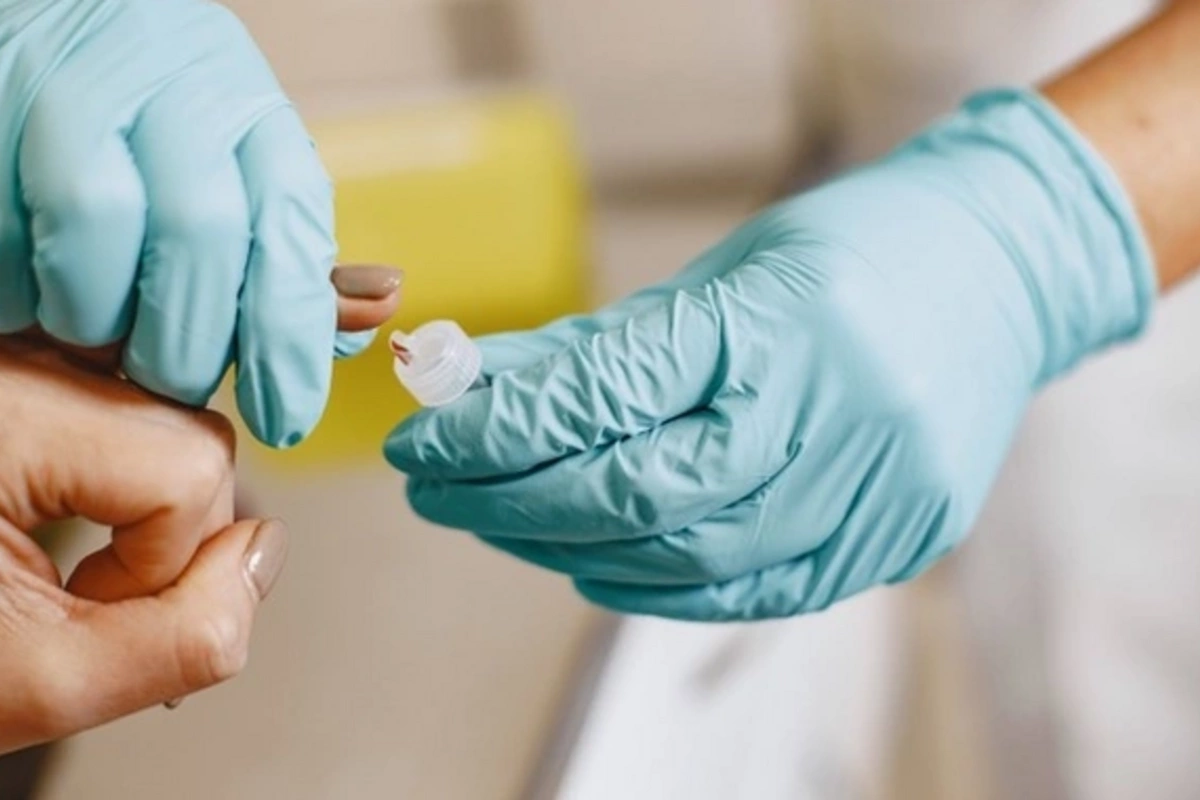22 Aug , 13:27
0

Regular medical examinations become a true shield of health, allowing to detect diseases at early stages and ensure longevity. Even with excellent well-being, preventive tests can reveal hidden threats that a person may not suspect.
Complete blood count takes a leading position among the most important studies. This informative test reveals the overall picture of the body's health, showing hemoglobin levels, the presence of inflammation, and potential disorders in the functioning of internal organs.
General urinalysis plays an equally significant role in diagnostics. Thanks to it, medical professionals receive valuable information about kidney function, identify inflammatory processes, and metabolic disorders.
Biochemical blood analysis serves as a reliable indicator of liver and pancreas condition. It provides data on sugar levels, cholesterol, and the activity of enzymes responsible for the functioning of vital organs.
The lipid profile deserves special attention. Measuring the ratio of "bad" and "good" cholesterol allows assessing the probability of developing cardiovascular diseases.
Monitoring blood sugar levels becomes critically important, especially for people with a genetic predisposition to diabetes and those leading a sedentary lifestyle.
There are specific recommendations for different genders. Women need to monitor their hormonal balance and not miss visits to the gynecologist. Men over forty are recommended to regularly check the condition of their prostate gland.
Annual consultations with a general practitioner, including a set of basic tests, open up the opportunity to notice alarming changes in a timely manner and, if necessary, get a referral to specialized professionals.
Regular examinations represent a valuable investment in one's own future. Timely diagnostics helps prevent serious problems, maintain health, and high quality of life for many years.